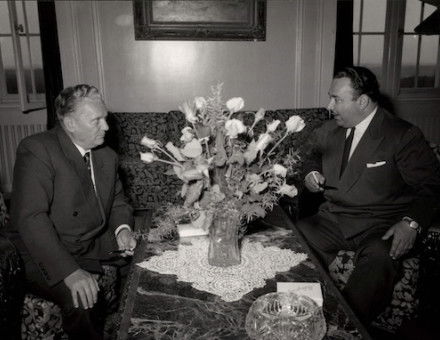The Nobility of Jacobean Scotland, 1567-1625
Keith M. Brown on the Scottish nobility in the early modern period.
In July 1567 a powerful faction of the Scottish nobility forced Mary Queen of Scots to abdicate, and in her place crowned her infant son, James VI. This revolution marked the nadir in the decline of the Stewart monarchy, a decline which began in 1542, and underlined the growth in power of a nobility thought to have been tamed by the crown in the fifteenth century. While James II had smashed the great Douglas family in the 1450s in an impressive and frightening display of arbitrary royal authority, the nobility of the mid-sixteenth century had carried out a Protestant reformation in 1560 in defiance of the crown, and seven years later had replaced the monarch herself. Furthermore, when intellectuals like John Knox, George Buchanan, and Andrew Melville could seize on history and scripture to justify, even to encourage such actions, men could be forgiven for wondering whether Scotland was 'mair nor a monarque' or 'les then electywe'.





